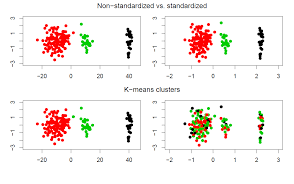Integration of Academic Decisions and Clustering with the Neutrosophic NAHP+NSC Method in Recommender Systems for Students
Main Article Content
Abstract
The research addresses the difficulty faced by Software Engineering students in selecting courses that optimize their academic profile—a critical challenge in educational environments where personalization is key. This issue gains relevance in the current context, given the growing use of recommendation technologies to enhance academic pathways, positively impacting professional training. However, the existing literature lacks approaches that integrate the inherent uncertainty of student preferences with robust clustering methods. To bridge this gap, the study proposes a recommender system based on the neutrosophic NAHP+NSC method, combining the Neutrosophic Analytic Hierarchy Process (NAHP) with Neutrosophic Set Clustering (NSC). Through surveys and grade analysis, student preferences and academic performance are evaluated, while uncertainties are managed using neutrosophic tools implemented in Python. The results reveal that the model accurately identifies optimal courses, achieving an 80% feasibility in predicting academic profiles. This research contributes an innovative methodology that enhances educational decision-making, offering students and instructors a practical guide for personalizing academic trajectories. Furthermore, it lays the groundwork for future interdisciplinary developments, such as integration with chatbots or psychological studies, thereby strengthening the applicability of recommender systems in university contexts.
Downloads
Article Details

This work is licensed under a Creative Commons Attribution 4.0 International License.

